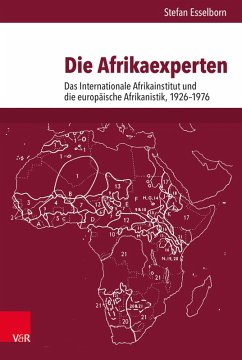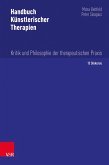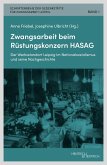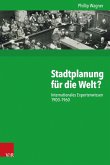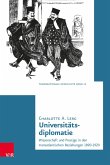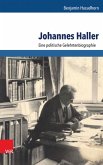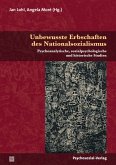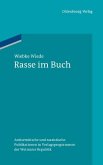How was knowledge about African languages, cultures and societies produced and disseminated in the 20th century? The present book tackles this question by focusing on the history of the International African Institute (IIALC/IAI) in London. Rooted in the colonial reform movement of the 1920s and its quest for a culturally "adapted" development of Africa, the IAI soon became a crucial scientific hub in its field, connecting scholars from different nations and disciplines, setting research agendas, and distributing funds. Its history illustrates the complicated relationship between African studies and Africa's colonial past, but also the changing topography and disciplinary composition of the field, as well as the vital role played by transnational actors such as missionary societies or American philanthropic foundations.
Dieser Download kann aus rechtlichen Gründen nur mit Rechnungsadresse in A, B, BG, CY, CZ, D, DK, EW, E, FIN, F, GR, H, IRL, I, LT, L, LR, M, NL, PL, P, R, S, SLO, SK ausgeliefert werden.

